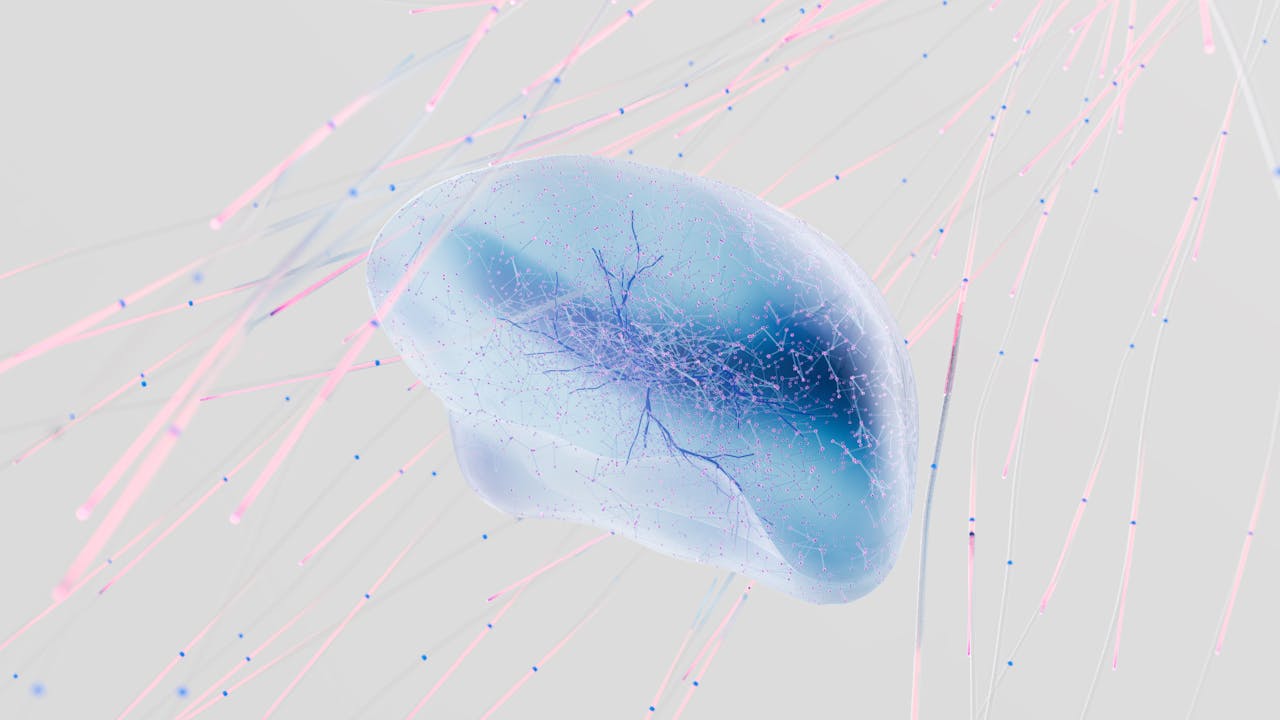Physical Wellness
Opioid News: Opioid Poisoning Rising Among Teens; Some Pain Patients Become Long-term Users
Opioid poisoning among teens and even children is rising as many hospitals in the United States are experiencing the increasing numbers of admitted patients in this age group. Additionally, many young individuals are now addicted to the substance.
Experts are now blaming the over prescription of the medication as a root cause, as the number of pills in the U.S. market has quadrupled since 2000.
In a recent report, hospitalization over opioid poisoning are up 176 percent. Some of them are between 15 to 19-years-old, according to Daily Caller. Further, there are cases where infants up to the age of 4 accidentaly ingest the pills.
"Hospitalizations increased across all age groups, yet young children and older adolescents were most vulnerable to the risks of opioid exposure," researchers said. In order to lessen the risks, comprehensive strategies will be needed, which include target opioid storage, packaging, and misuse.
In a separate poll, the result shows most heroin addicts between the ages of 18 and 24 began with opioid pills. Some pills were prescribed, but some were mostly given by a friend or taken from a family member.
As of now, the researchers cannot give a specific answer to why opioid poisoning in children increases. They conclude that it might be the effect of oversupply. With that, public health experts are warning parents to be more cautious in storing their prescription medications, especially in a household with children.
About 2 percent of patients with prescription for opioid pain medication become long-term opioid users, according to a journal published on Pain. This has been proven by researchers at Indiana University as they studied a nationwide database of over 10 million patients who filed insurance claims for opioid prescriptions between 2004 and 2013.
The study aims to look at opioid use by patients with psychiatric and behavioral problems. The result shows that out of 10,311,961 incident opioid recipients, only 1.7% received long-term opioids during follow-up, according to lead author Patrick Quinn, PhD, of Indiana University, Bloomington.









Join the Conversation